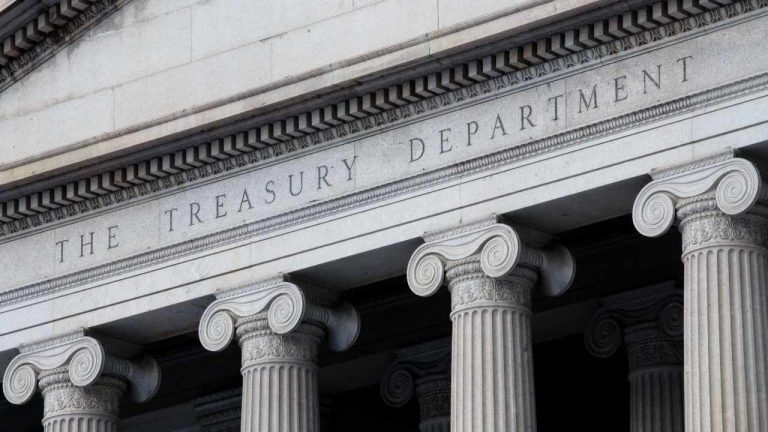
The comments from the hosts of lawyers comes as Judge Victor Marreo said that Dapper Labs’ NBA Top Shot Moments NFT may constitute a security.
Blockchain Association’s chief legal officer says “it would be absurd” for a United States court to rule that digital assets on private blockchains are securities, following a federal judge's decision to allow a lawsuit against Dapper Labs's NBA Top Shots NFTs to play out.
U.S. attorney Jake Chervinsky made the comment after federal judge Victor Marreo denied a motion to dismiss a 2021 lawsuit that accused Dapper Labs of selling nonfungible tokens (NFTs) as unregistered securities.
Chervinsky was among a host of lawyers on Twitter to reiterate that the judge’s denial of the motion does not mean a ruling has been made on the lawsuit, only that it was “facially plausible.”
“The judge didn't decide anything. He allowed the case to proceed past a motion to dismiss because the securities claims were at least ‘plausible,’ an extremely low bar and not a final ruling at all,” he explained.
“This dispute aside, it would be absurd if all valuable digital assets stored on centralized databases were securities.”
“This would turn every major video game developer, event ticketing platform, travel rewards program, etc. into a public reporting company regulated by the SEC,” he explained.
This is false.
— Jake Chervinsky (@jchervinsky) February 22, 2023
The judge didn't decide anything. He allowed the case to proceed past a motion to dismiss because the securities claims were at least "plausible," an extremely low bar and not a final ruling at all.
Do I really have to say "basketball cards are not securities"??? https://t.co/W1yYVcW1Ki
Another U.S. lawyer, Jesse Hynes, also weighed in on the motion in a Feb. 22 Twitter post, noting that motions to dismiss are “rarely ever successful” because the plaintiff only needs to plead enough evidence for the case to proceed.
“The judge ruled in the Dapper case that the plaintiff pled enough evidence that IF ALL THE ALLEGATIONS ARE TRUE, that there is a securities violation.”
“Now we go into discovery to learn what the real facts are. Once that is done Dapper will likely file for a motion for Summary Judgment,” the lawyer added.
Meanwhile, another U.S. lawyer, James Murphy — known as “MetaLawMan” — noted that the allegations that Dapper Labs issued the NBA Top Shot Moments NFT on a privately-run blockchain were a “fundamental” factor behind the court’s decision to reject the motion to dismiss.
4/ The Judge cited the fact that Top Shots trade on a Private blockchain run by the Issuer as a key factor in his ruling.@XRP trades on a Public blockchain.
— MetaLawMan (@MetaLawMan) February 22, 2023
For this reason, the Top Shot opinion could be considered net positive for Ripple.
Not a legal opinion--just a tweet.
This prompted MetaLawMan to suggest that this “could be considered a net positive” for Ripple in its own case against the U.S. Securities Exchange Commission (SEC), because XRP is issued on a public blockchain.
Related: Dapper Labs suspends Russian accounts after new EU sanctions
The class action lawsuit against Dapper Labs was filed in May 2021 by plaintiff Jeeun Friel, who claimed that Dapper Labs was selling NFTs as unregistered securities.
Judge Marreo denied the motion to dismiss the lawsuit on Feb. 22. He said that the particular scheme by which Dapper Labs offers the Moments NFT possibly creates a sufficient legal relationship between investors and themselves, which satisfies the investment contract criteria under the Howey Test.
However, it's unlikely the ultimate ruling of this case would establish a precedent for NFTs, as Judge Marreo said that not all NFTs will constitute securities and that each case will need to be assessed on a case-by-case basis.
Shortly after the dismissal, the Dapper Labs-issued FLOW token fell 6.4% from $1.24 to $1.16 in 15 minutes. However the FLOW token has since rebounded at $1.29, according to CoinGecko.









